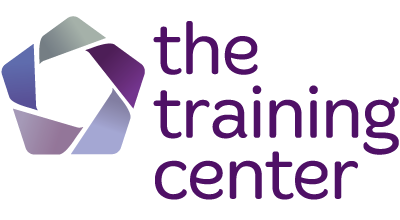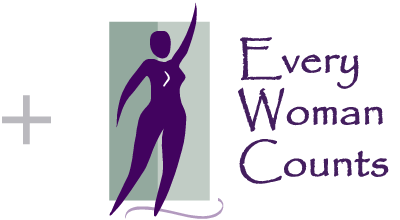Featured Projects
The Every Woman Counts Training Center


For 19 years, the Institute for Public Health (IPH) partnered with the California Department of Health Care Services Every Woman Counts (EWC) program to ensure that low-income women receive free life-saving breast and cervical cancer screening services. During 2012-2013, more than a quarter of a million women received EWC services, leading to the detection of an estimated 1,250 cancers and thousands of pre-cancerous lesions.
EWC targets eligible women who are at risk of not receiving regular cancer screenings, including racial and ethnic minorities, those living in rural areas, women who have no regular source of health care, women without health insurance, and women who immigrated to the United States within the past ten years. Through community outreach and health education services, EWC increases screening rates among these women and provides a critical safety net for thousands of women who lack access to essential breast and cervical cancer screening and diagnosis. By increasing screening rates among these at-risk women, EWC strives to reduce deaths from breast and cervical cancer.
The Training Center (formerly The Quality Assurance Project [QAP]) provided a collaborative effort between EWC and the IPH that (1) ensured that women receiving EWC services have high quality care by clinicians who are experts in the field of early detection; (2) increased awareness about the importance of routine cancer screening through public health efforts; and (3) educated patients at risk of or diagnosed with breast cancer or cervical pre-cancer or cancer.
The Training Center reached these goals by:
- Educating professionals working in the field of breast and cervical cancer prevention, screening, diagnosis, and treatment through continuing education opportunities. Examples include the comprehensive training course HPV & Cervical Disease: Risk-based management of screening results offered at locations throughout California; the Every Woman Counts Breast and Cervical Cancer Symposium hosted in Sacramento; and numerous online training modules on the trainingcenter.org website. The IPH is a certified provider of CME, nursing CEU, and CHES continuing education hours.
- Developing and distributing tools to improve clinical practice, such as the widely-used Lymph Node Exam Guide (downloaded from the trainincenter.org website nearly 8,000 times annually). Other tools include the Breast Cancer Diagnostic Algorithms, and the Cervical History & Exam Documentation Form, among many others.
- Creating and managing an online data collection system for the EWC program through which EWC providers were monitored and evaluated.
- Routinely alerting EWC clinicians and staff of important new research findings and revisions to national screening and management guidelines.
- Creating and maintaining online resources for the public, patients, and clinicians, such as the Breast Cancer Review, Cervical Cancer Facts & Stats, Why Aren't Screening Mammograms Recommended for Women under Age 40?), and an indexed Link Library. The trainingcenter.org website had more than 50,000 visitors per year. These visitors came from every country in the world.
- Identifying programmatic areas in need of improvement and developing plans to address these needs. For example, a Provider Orientation was revised and formalized, along with an educator's guide for EWC staff, to answer EWC providers' questions and standardize procedures.
- Creating and updating patient education materials such as A Woman's Guide to Breast Cancer Treatment, which, per state law, is distributed to every woman diagnosed with breast cancer in California.
Last Updated: 7/26/2018
 ©2004-2026 Copyright the Institute for Public Health (IPH) SDSU. All rights reserved.
©2004-2026 Copyright the Institute for Public Health (IPH) SDSU. All rights reserved.